595 rezultate găsite
Skip results of view Știri
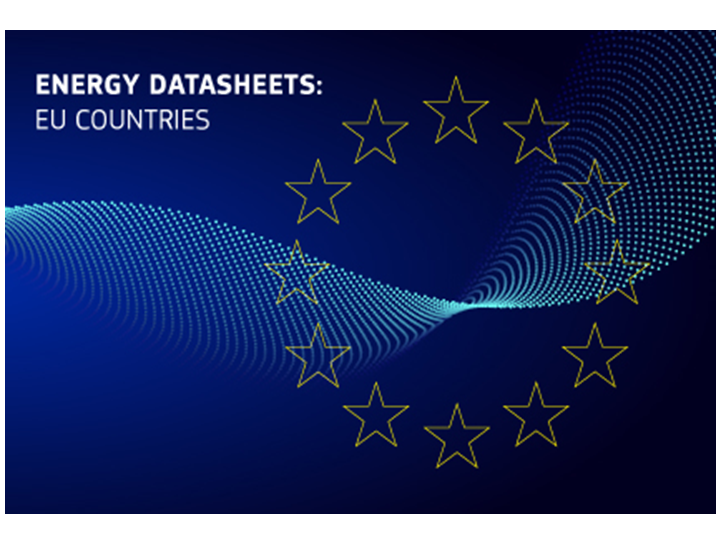
On 7 June, the energy statistical country datasheets have been updated for the second and last time this year. These figures, which cover all EU member states, are reviewed bi-annually by the European Commission to present the state of energy balances, electricity and heat generation, main energy indicators, cogeneration, transport fuels and greenhouse gases emissions in Europe. The format allows to compare long-term time-series on energy statistics across EU countries. In fact, besides the general overview on the EU 27, energy statistics are reported for each Member State from 1990 until

On 21 and 22 June 2022, the EU Digital Assembly took place in Toulouse and online. The assembly is an event organised every year by the European Commission and the holder of the Presidency of the Council of the European Union to gather the European digital ecosystem and discuss important tech-related issues. During this year’s Digital Assembly, France – which held the presidency from January until end of June – and the European Commission focused on the concept of EU sovereignty and autonomy in the digital sphere. On 21 June, four topics were touched upon in two distinct workshops and two
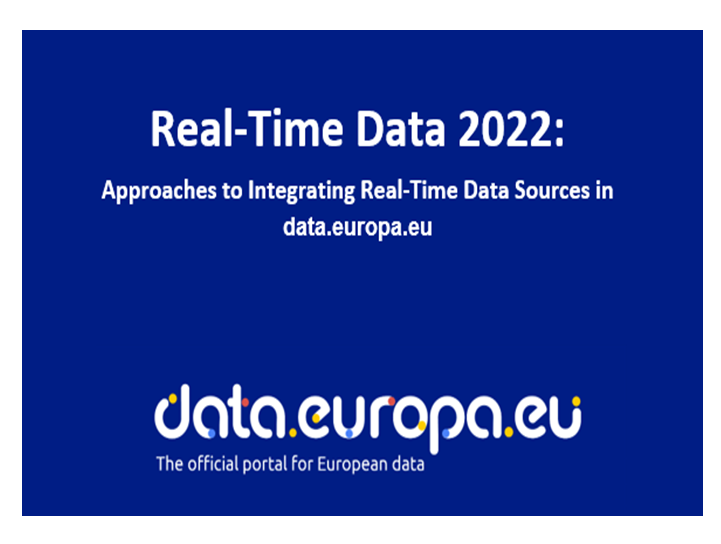
Real-time data includes all data providing up-to-date information about the environment surrounding individuals, such as traffic, weather, environmental pollution, or natural hazards. This type of data is therefore essential for providing citizens with detailed information on public transportation, live updates on traffic jams and available parking lots, as well as many other practical insights that can make daily life easier. Not surprisingly, the European Directive on open data and the re-use of public sector information puts specific emphasis on opening up real-time data, and data.europa.eu
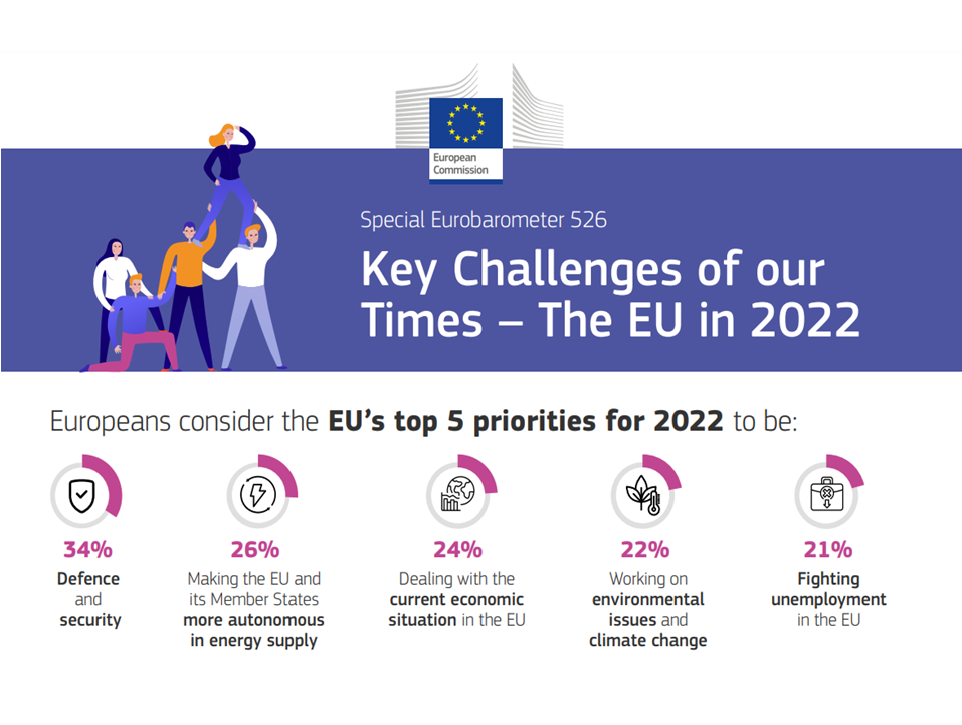
Eurobarometer surveys are EU institutions´ official polling instrument to track the state of public opinion in Europe on socio-political issues related to the European Union. On 15 June, the first of a series of Eurobarometer surveys focusing on ´ Key challenges of our times - the EU in 2022 ` was published. Among these challenges, citizens were asked to express their view on the EU´s priorities in 2022, the war in Ukraine, defence and security, energy and climate change, and the Covid-19 pandemic. At the top of the EU priorities for this year, Europeans mention defence and security (34%) and
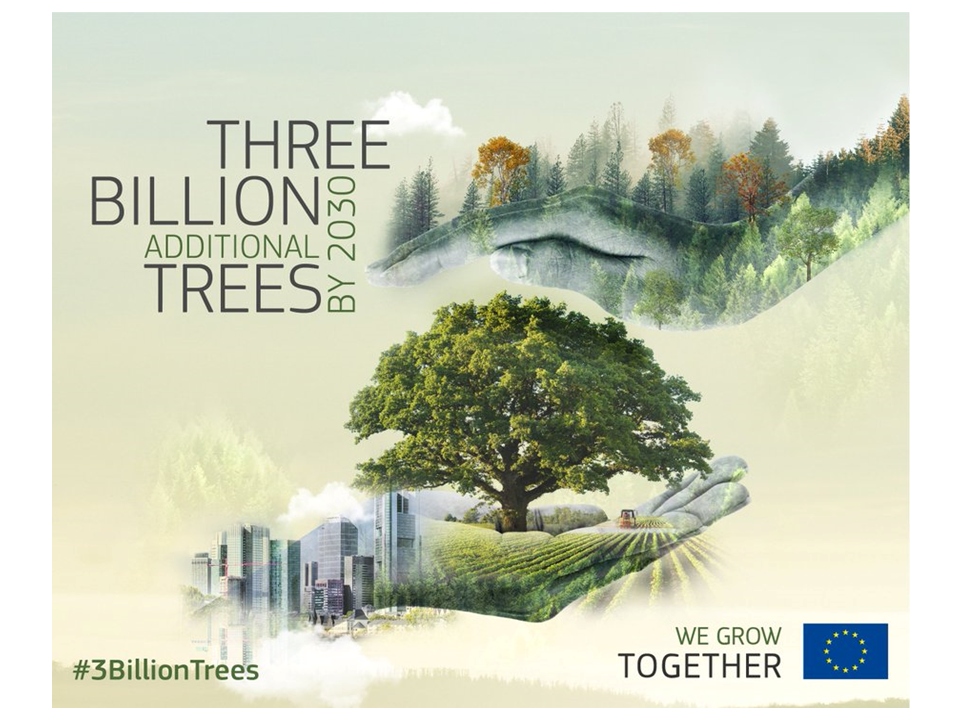
In December 2021, the European Commission and the European Environment Agency (EEA) launched the platform MapMyTree . This data tool aims at supporting the planting of three billion additional trees over the next decade, as set out in the European Green Deal´s EU Biodiversity Strategy for 2030 to combat climate change and biodiversity loss. In May 2022, the platform was open to everyone, so that every new tree that fulfils the requirements can be counted. At the moment of writing, the data tool – which also includes an interactive map of Europe showing the position of the different trees –
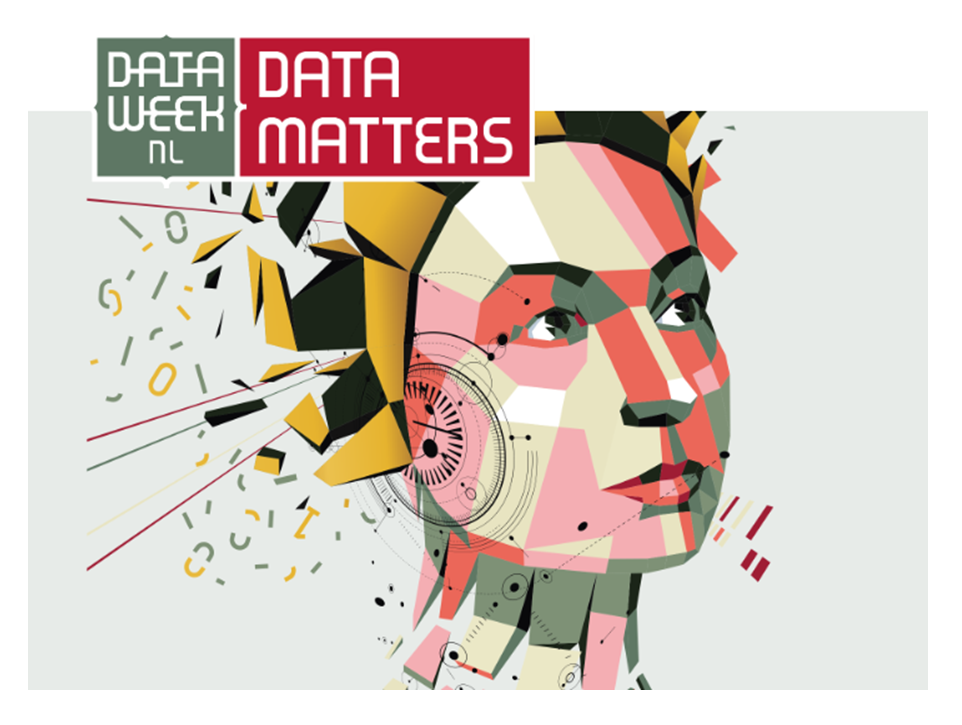
Join the 5 th annual Data Week NL from 27 June until 2 July in ‘s-Hertogenbosch, the Netherlands. Under the slogan ‘Data matters, it’s now or never!’, the event focuses on the importance of data literacy, the value of (open) data and the data economy. The event embraces the influence of these global topics in a national and local context with various practical examples and testimonials. Just as data itself, the event will be an exciting happening. While the topics range from data-economy on Tuesday, smart cities and data on Wednesday, transparency of data on Thursday, to societal influence on

On 9 June 2022, the data.europa webinar ‘Eurostat regional yearbook goes digital!’ provided insights into the Eurostat regional yearbook ´s journey from a printed/pdf publication with a long-standing tradition to a digital publication and modern interactive tool. T he regional yearbook is Eurostat´s flagship publication that was first published in the 1970s and is now among the Eurostat’s most downloaded publications. Since 2000, the regional yearbook has been published both as print and as PDF, but ´with changing publication modes and users´ needs it became necessary to revisit the format of

Last November, the Publications Office of the European Union organised the first ever EU Open Data Days . Over three days (23-25 November 2021), the event showed the benefits of open data to more than 2300 registered EU public sector representatives, citizens and businesses, under the main motto: ‘ shape our future with open data’ . Over 70 speakers from all over the world took the floor in six thematic sessions . Each of these sessions provided an overview of innovative techniques and best practices used in both the private and the public sectors, offering the participants valuable insights

The International Data Week (IDW) is a landmark event by the Committee on Data (CODATA) and the World Data System of the International Science Council, and the Research Data Alliance (RDA) . Its aim is to annually gather data scientists, researchers, industry leaders, entrepreneurs, policymakers and data stewards from various disciplines across the globe to explore how data-driven discovery and innovation can improve science and society. This year, the conference will take place from 20 to 23 June in a hybrid format, with the possibility to participate either in person in Seoul, South Korea
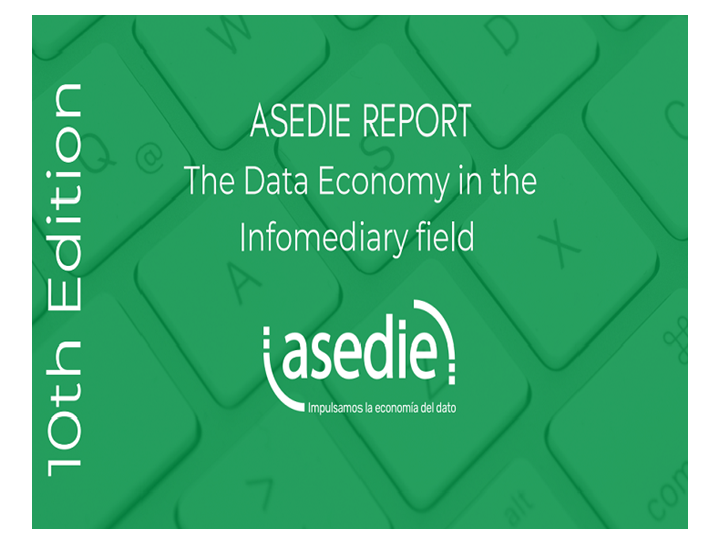
‘ The Data Economy in the Infomediary field ’ is the recently published report by ASEDIE, the Multisectorial Information Association. The report marks the 10 th edition of an annual publication aimed at providing an overview of the status of the infomediary sector in Spain in the given year. As reported by ASEDIE, the infomediary sector includes ´companies that analyse and process information from the public and / or private sectors to create value-added products for third parties or the general public` that – among others - help in effective decision making. The 2022 report identifies 701 of
